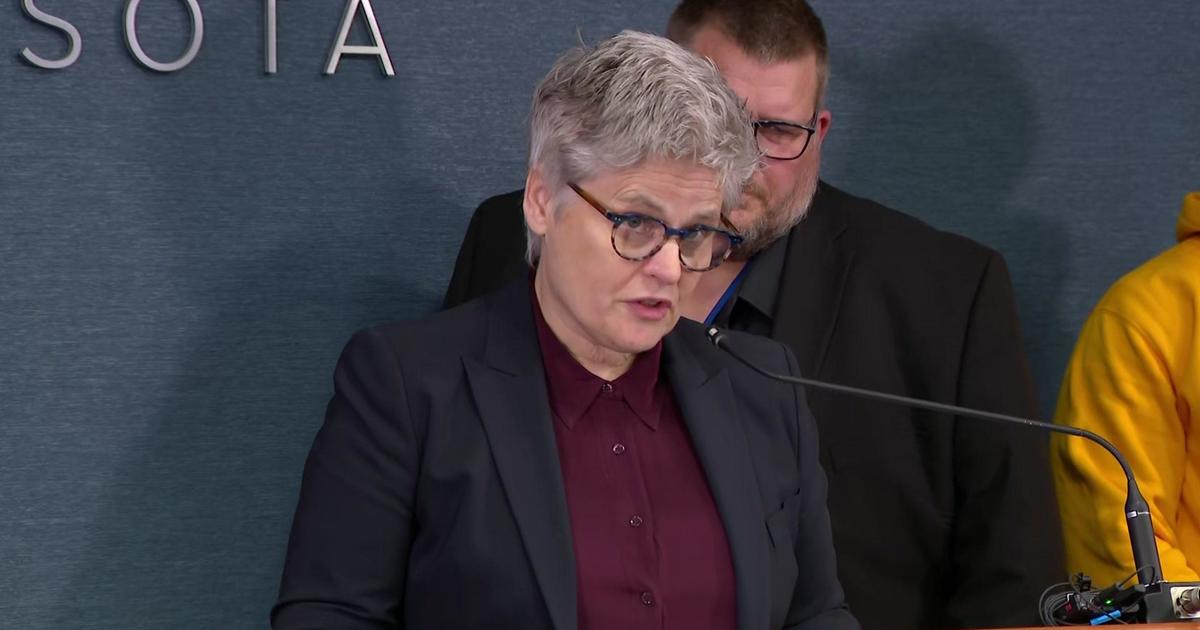Good Question: How Often Do Appeals Work?
MINNEAPOLIS (WCCO) -- For almost every criminal convicted in the state of Minnesota, the Court of Appeals is their last and only shot.
"A lot of cases get appealed, but very few succeed," said Donald Lewis, dean of Hamline University's Law School. He said there's one obvious reason most criminal appeals don't succeed.
"Most criminal defendants are, in fact, guilty of the crimes they've committed," Lewis said.
But the rules of the appeals court make it tough to get a case overturned. The three-judge panel isn't re-trying the facts of the case, they're primarily fixing errors.
"On issues of fact the court of appeals has a high level of deference to the fact-finder, to the juror," Lewis said.
Are they really looking for gross screw-ups?
"It's important to remember that a criminal defendant is not entitled to a perfect trial, a defendant is entitled to a fair trial," Lewis said.
So the errors have to have directly led to the guilty verdict.
According to data from the Minnesota Judicial Branch, lawyers filed 816 criminal appeals last year. The national average is that 4 percent of those appeals succeed, compared to 21 percent civil cases that are overturned.
However, success doesn't mean you're off the hook, it means you get a new trial.
"Both sides get a second crack at the jury," Lewis said.
But if so few are successful, why go through with the whole process?
"Because there's a lot at stake. If someone is being imprisoned for 5-10-15 years, it actually may be worth the gamble," Lewis said.
Also, it's a fairly low-cost thing to do. Many people appealing aren't spending their own money to appeal they're using a public defender.
Minnesota has only had a Court of Appeals for thirty years. It's become a key part of the system.
"Judges are not infallible. They make a mistake occasionally," Lewis said.
The number one error people file appeals over is evidence - either included or excluded. But those claims rarely succeed, according to research from the National Center for State Courts.
To use a baseball analogy, the appeals court isn't going to get worked up over a balls and strike call like that.
Incorrect interpretation of the law, or a mistake in merging different offenses into one charge, those come up less often, but they have a higher success rate.



